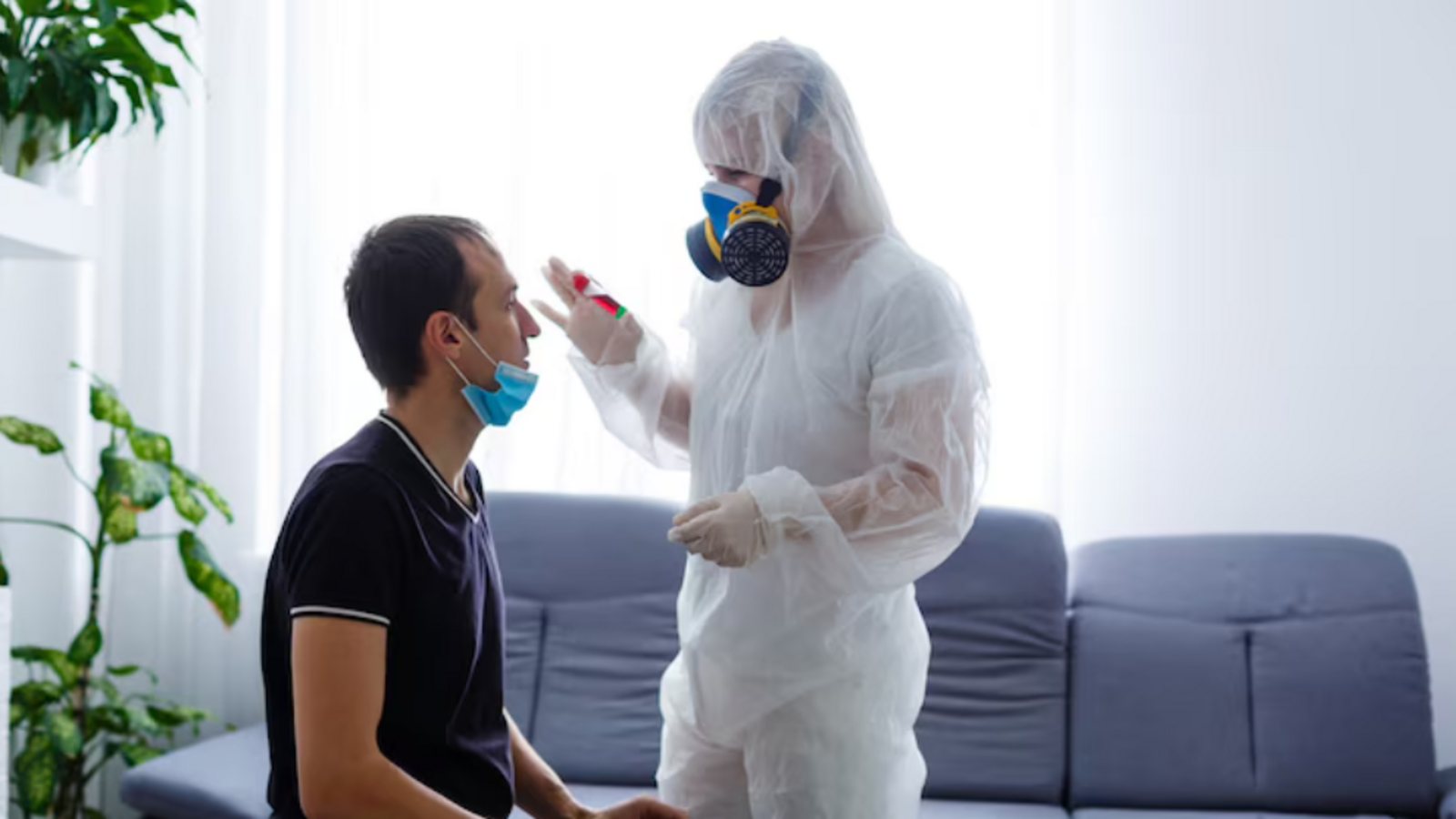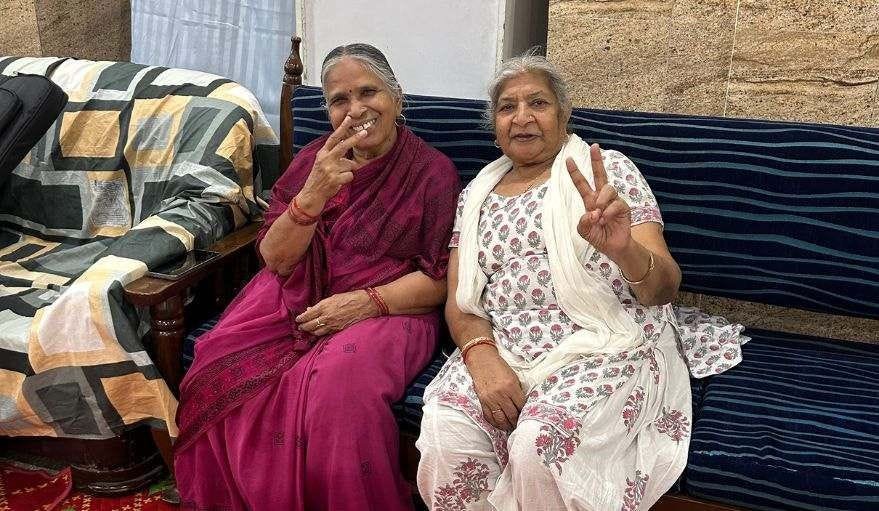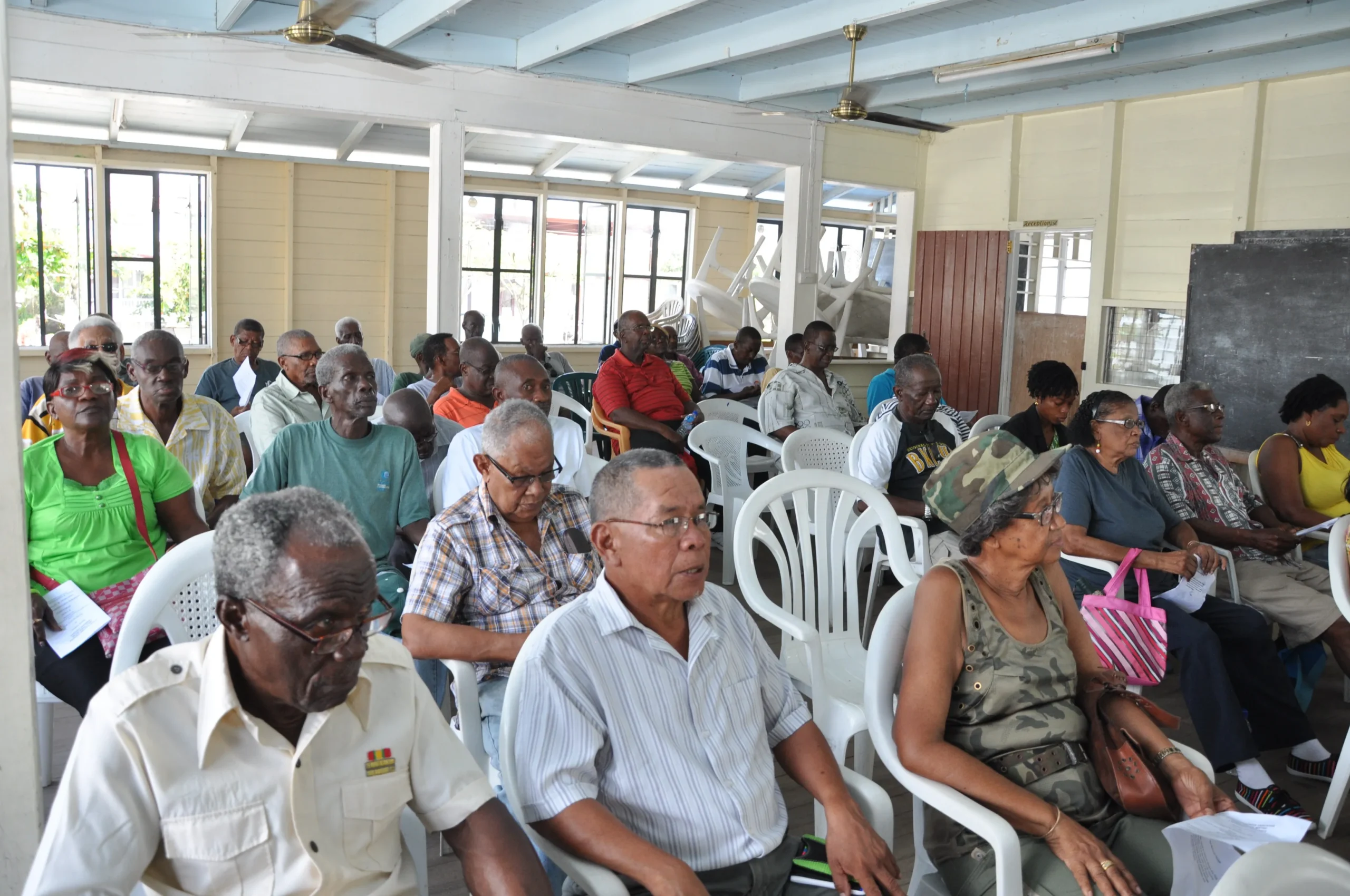With a new COVID-19 variant—NB.1.8.1—emerging globally, Guyana’s Ministry of Health has issued a public advisory urging caution, not alarm. Though no cases have been confirmed locally, officials say they are closely monitoring developments and working with regional and international agencies to stay ahead of any potential threat.
The variant, recently flagged by the World Health Organization (WHO) as a “variant under monitoring,” has been linked to a modest global rise in COVID-19 cases. So far, it does not appear to cause more severe illness, but its increased transmissibility is enough to warrant proactive steps.
What is NB.1.8.1 and Why It Matters
First detected in May 2025, NB.1.8.1 is a subvariant of Omicron and has already been found in at least 22 countries across Europe, Asia, and North America. Infections globally have risen threefold in the last month, according to WHO and Caribbean Public Health Agency (CARPHA) reports.
For now, the global health risk is rated low. But Health Minister Dr. Frank Anthony emphasized that “early warning and preparedness are key”, noting that while NB.1.8.1 is more contagious than previous strains, it has not shown signs of increased severity.
“There are no confirmed cases in Guyana, but we are conducting genome surveillance and increasing vigilance at ports of entry,” said Dr. Anthony.
What the Public Should Know and Do
The Ministry’s advisory includes a series of recommended precautions, many of which are familiar but remain effective:
-
Maintain Hand Hygiene: Frequent handwashing or using alcohol-based sanitizers helps reduce spread.
-
Stay Home When Sick: Flu-like symptoms should prompt self-isolation and testing.
-
Mask When Necessary: While not mandatory, masks are advised in crowded or enclosed spaces.
-
Sanitize Surfaces: Cleaning high-touch areas at home and work is still a smart habit.
-
Vaccinate and Boost: The Ministry encourages those who haven’t completed their vaccine series to do so. Boosters help reduce severe illness risk.
The symptoms of NB.1.8.1 resemble mild flu: cough, sore throat, fever, fatigue, and occasionally, diarrhea or shortness of breath. The classic loss of taste or smell, once a hallmark of COVID, is less common with this variant.
Testing is readily available at public facilities and private labs, and rapid antigen kits are stocked at local pharmacies.
Preparedness, Not Panic
The advisory marks a shift from emergency response to risk management. With over 65% of Guyana’s adult population vaccinated and hospitals equipped with antivirals and oxygen supplies, the country is better prepared today than at any point during the pandemic.
“COVID-19 hasn’t disappeared—it’s become part of our health landscape. But we’re no longer powerless against it,” Dr. Anthony said.
The Ministry has kept its COVID-19 Task Force in a standby mode, ready to activate stricter protocols if needed. For now, life continues uninterrupted: schools, markets, and public events remain open, with no changes to existing guidelines.
A Regional Picture: Shared Awareness, Shared Vigilance
Neighboring countries including Trinidad & Tobago, Barbados, and St. Lucia have issued similar advisories. CARPHA has not recommended any travel restrictions, but is advising member states to step up airport screeningsand communicate protocols to inbound travelers.
“Completely keeping out a respiratory virus is nearly impossible,” a CARPHA official noted. “What matters is how quickly we detect and contain it.”
That pragmatic view reflects Guyana’s approach as well: transparent, proactive, and community-driven.
Lessons from the Past, Readiness for the Future
Guyana’s COVID-19 journey has been shaped by its balance of caution and resilience. From rapid vaccination rollout in 2021 to targeted support during outbreaks, the PPP/C administration’s focus has been on empowering citizens rather than enforcing mandates.
Today, the country benefits from institutional memory, trained health workers, and public familiarity with pandemic protocols. The Ministry’s current message is rooted in trust and shared responsibility—a strategy that helped Guyana weather previous waves without the extended lockdowns seen elsewhere.
The Bottom Line
No one wants to relive 2020. And thanks to science, preparation, and public cooperation, we likely won’t have to. The NB.1.8.1 variant is being watched, not feared. Guyana’s health systems are alert, and the government is maintaining its commitment to clear communication and fast action.
“We are not raising alarm. We are simply being responsible,” said the Health Ministry.
In the meantime, citizens are encouraged to stay informed, stay cautious, and stay kind—because how we respond together will define not just the coming weeks, but our collective resilience.
Sources: Ministry of Health Advisory; CARPHA Updates; WHO Weekly Variant Brief; Loop News; INews Guyana; newsroom.gy.




